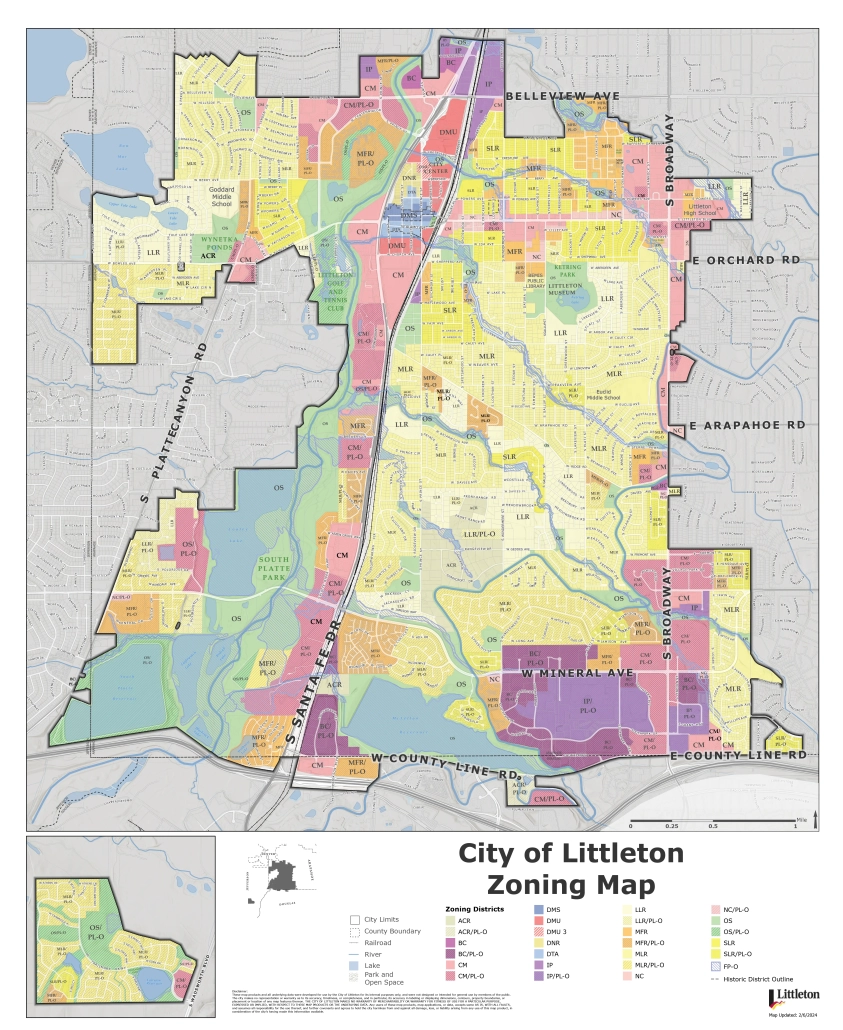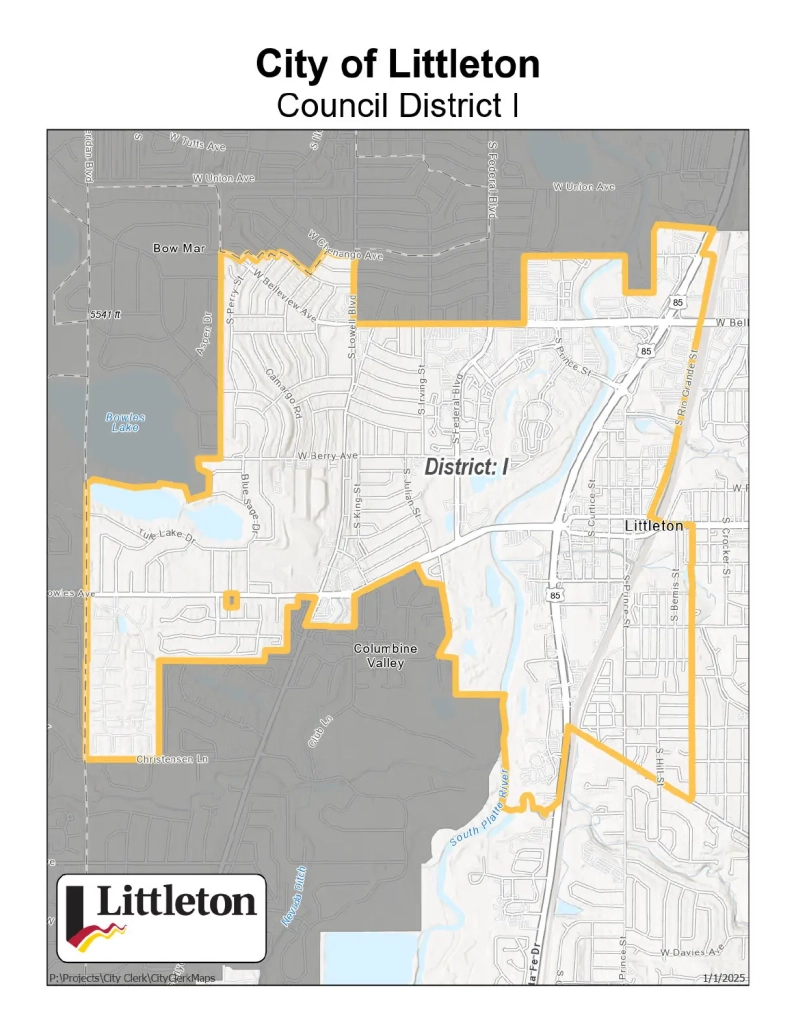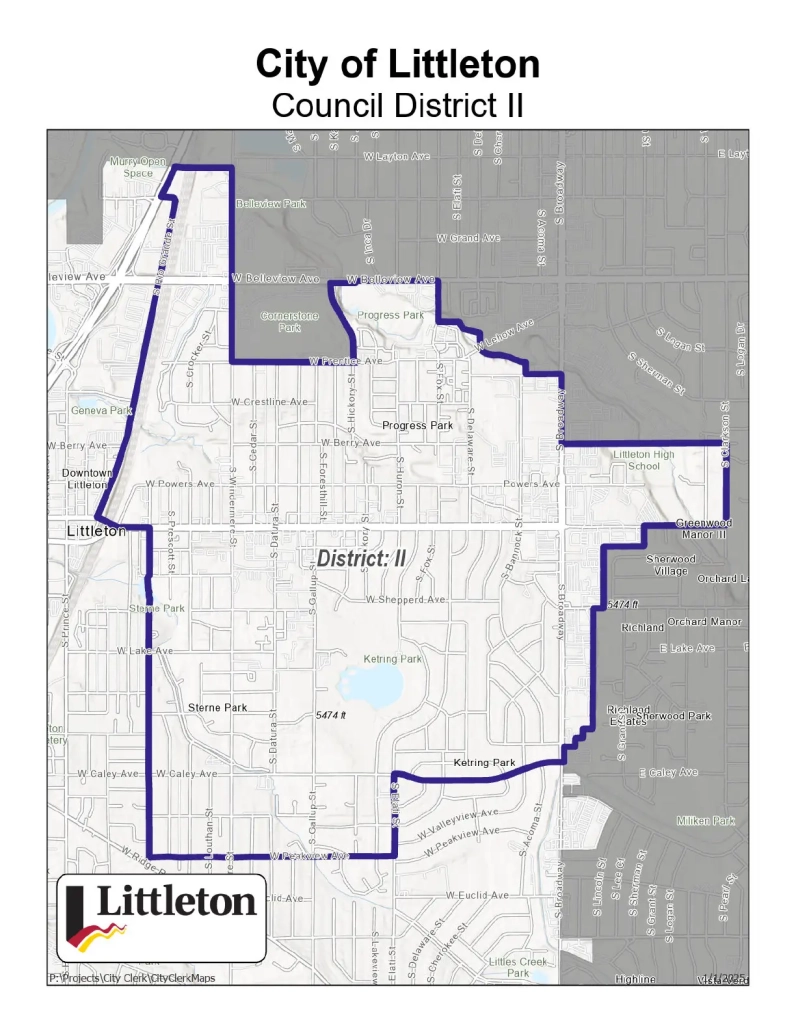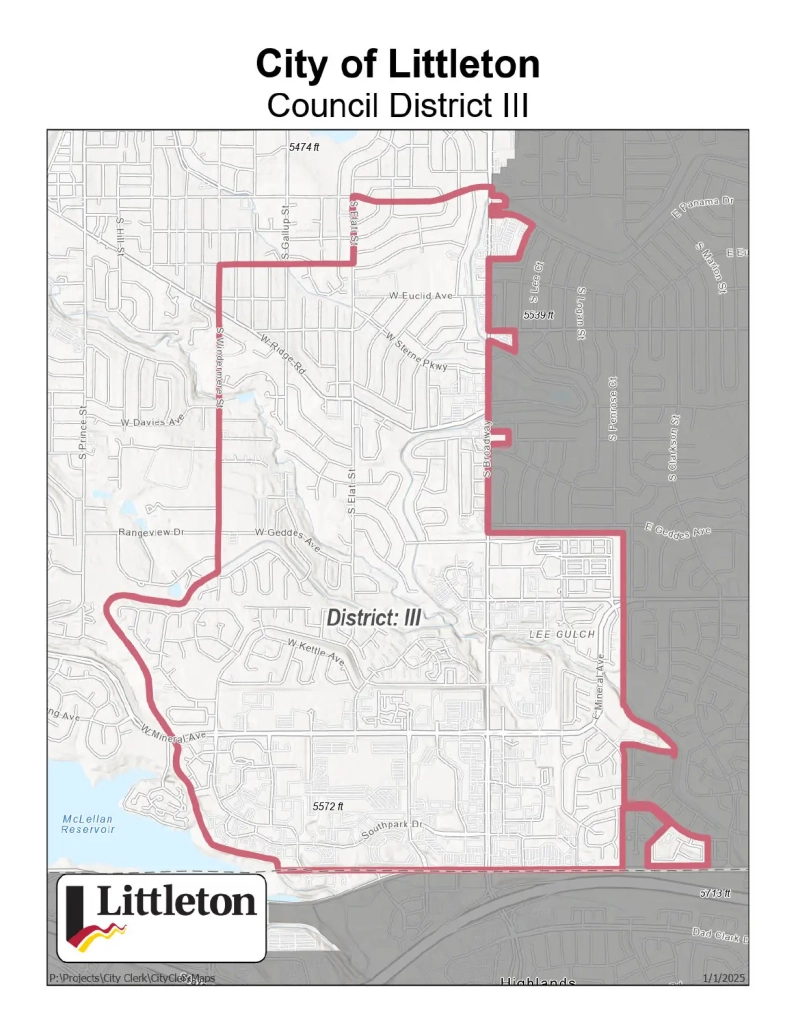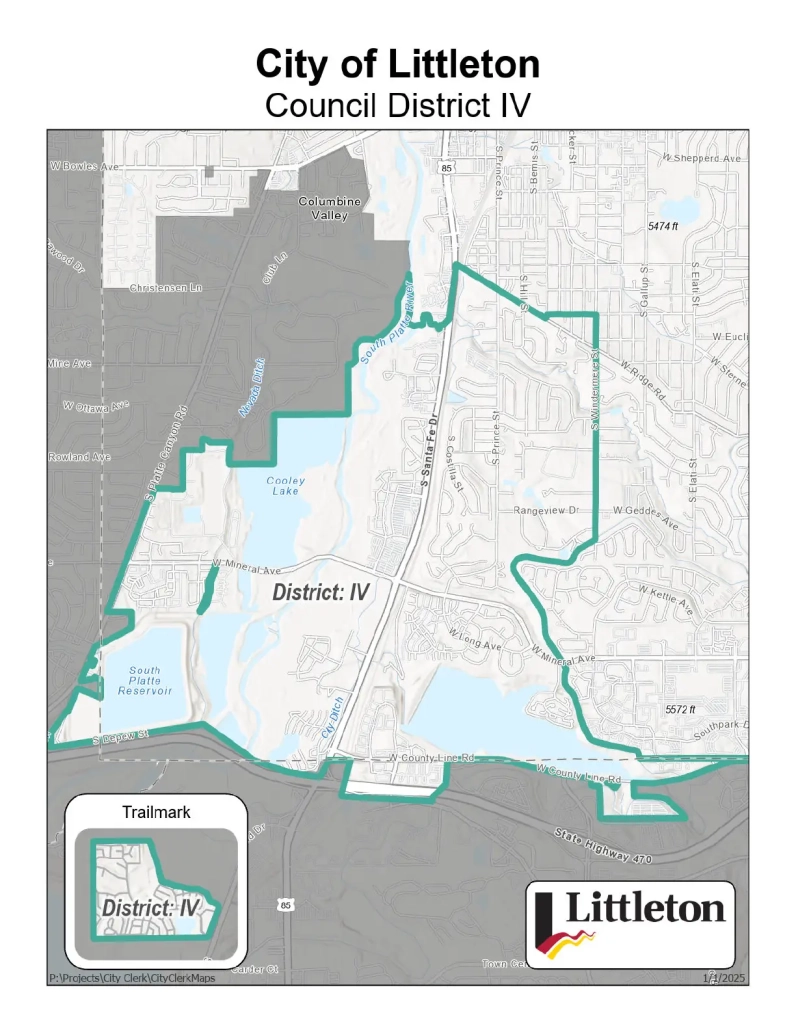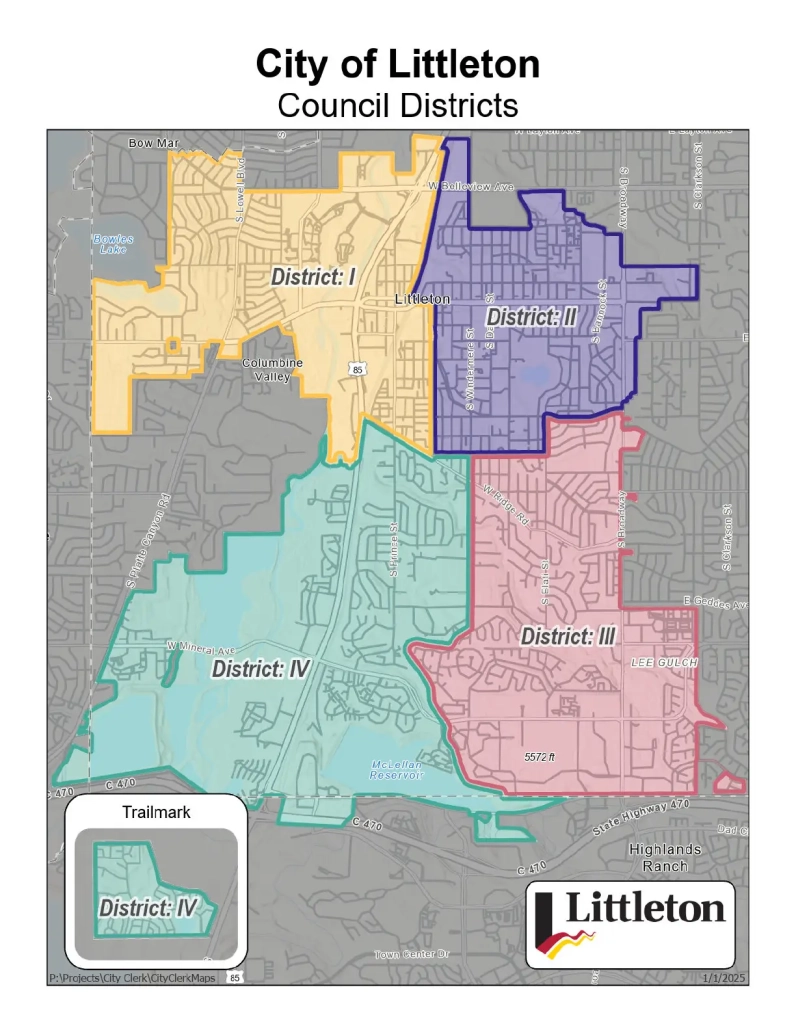ARE COLORADO STATE LAWMAKERS OVERREACHING?
Governor Polis and local lawmakers are
at odds over housing density.
According to a KUNC, NPR News report on April 16, 2024 “The conflict between state and local control of housing policy is at the center of the debate over the governor’s approach, and his proposals have faced significant pushback from counties, municipalities and lawmakers who say they amount to state overreach.” On July 1, 2025, the Governor’s first density mandate— H.B. 24-1152—will go into effect allowing the construction of accessory dwelling units (ADU’s) to be built in most neighborhoods in Colorado with no parking requirements and closer setbacks than those required for single family residential houses. People, this is just the beginning. Is this the future you want to see for Colorado?
DOES LITTLETON HAVE WHAT IT TAKES?
Littleton struggling to remain a home-rule city
and preserve its small-town charm
We had a close call. At the end of 2024, Littleton City Council was prepared to vote in favor of ordinance 31-2024—a blanket density plan—until local residents came together and vehemently opposed it. However, after City Council completes the implementation of the state’s ADU density mandate on July 1, 2025, they have stated their top priority is to resume working on a revised density plan. Even though Littleton is a home-rule municipality (which means it has its own charter that defines its government, rather than letting the State dictate its course), Littleton City Council appears to be feeling the need to appease the State’s call for more density. So, we need your help to preserve the beauty and charm of Littleton and to help ensure we elect four Council members this November who will fight for the future of Littleton’s beauty and charm. We are just five years into Littleton’s 20 year master development plan–Envision Littleton–and we are nearly half way to the city’s 20-year goal of 6,500 new houses being built in just five years. Now the state wants to move the goal post and we need to let our City Council know we won’t stand for it.

